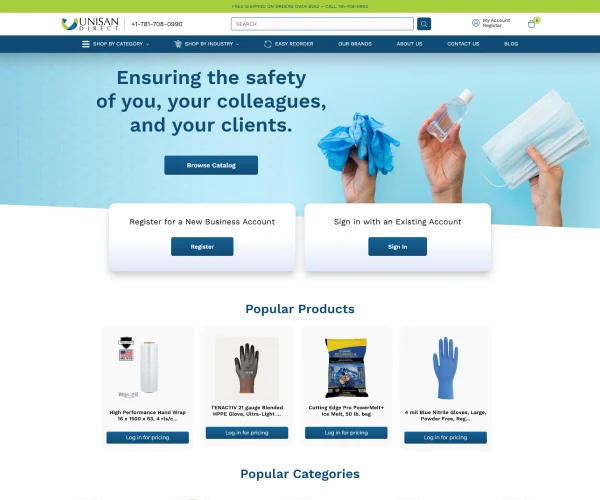The Situation
Therapeutic Training Center provides continuing education courses for Licensed Massage Therapists in Washington state and the Pacific Northwest. While the business is successful, owner Robbin Blake found herself spending more time maintaining the website than growing the company. As a solo operator with no employees, Robbin needed a website that wouldn't demand constant manual work. With plans to expand to multiple locations across Washington and add webinar content by 2027, she needed a platform that could scale with her ambitions instead of holding them back.
The Core Challenge
Their biggest problem was a time-consuming manual update system that made managing the website nearly impossible for a solo operator. Every class required Robbin to manually write custom CSS and HTML code to structure and display all the class details, from instructor credentials and CE hours to location information, pricing, policies, and customer reviews. Once coded, she had to manually copy all that information to the location's schedule page, add it to the instructor's profile page, and cross-check everything for errors across multiple pages. A single class update consumed hours of coding and repetitive data entry.
The outdated Blueprint framework compounded the problem with a mobile experience so broken that Robbin had to shut it down entirely, forcing mobile users to view the desktop version—which meant constant pinching and zooming just to read class details. This was critical: 55% of their purchases happened on mobile, meaning more than half her customers, many wanting to quickly sign up between massage appointments, couldn't access the site at all. The detailed class information that made them stand out from competitors was the same information that trapped Robbin in endless manual coding instead of growing the business.
Additional Obstacles
TTCI also faced other challenges that compounded the maintenance burden. The brand identity hadn't evolved since 2009—the outdated color scheme and logo no longer reflected the professionalism they had built over years. More critically, organic traffic had dropped to near-zero between November 2022 and March 2024, and revenue declined during and after the pandemic. These combined issues meant TTCI wasn't just dealing with a time-consuming website—they were watching their business visibility and revenue suffer while trapped maintaining outdated systems.












